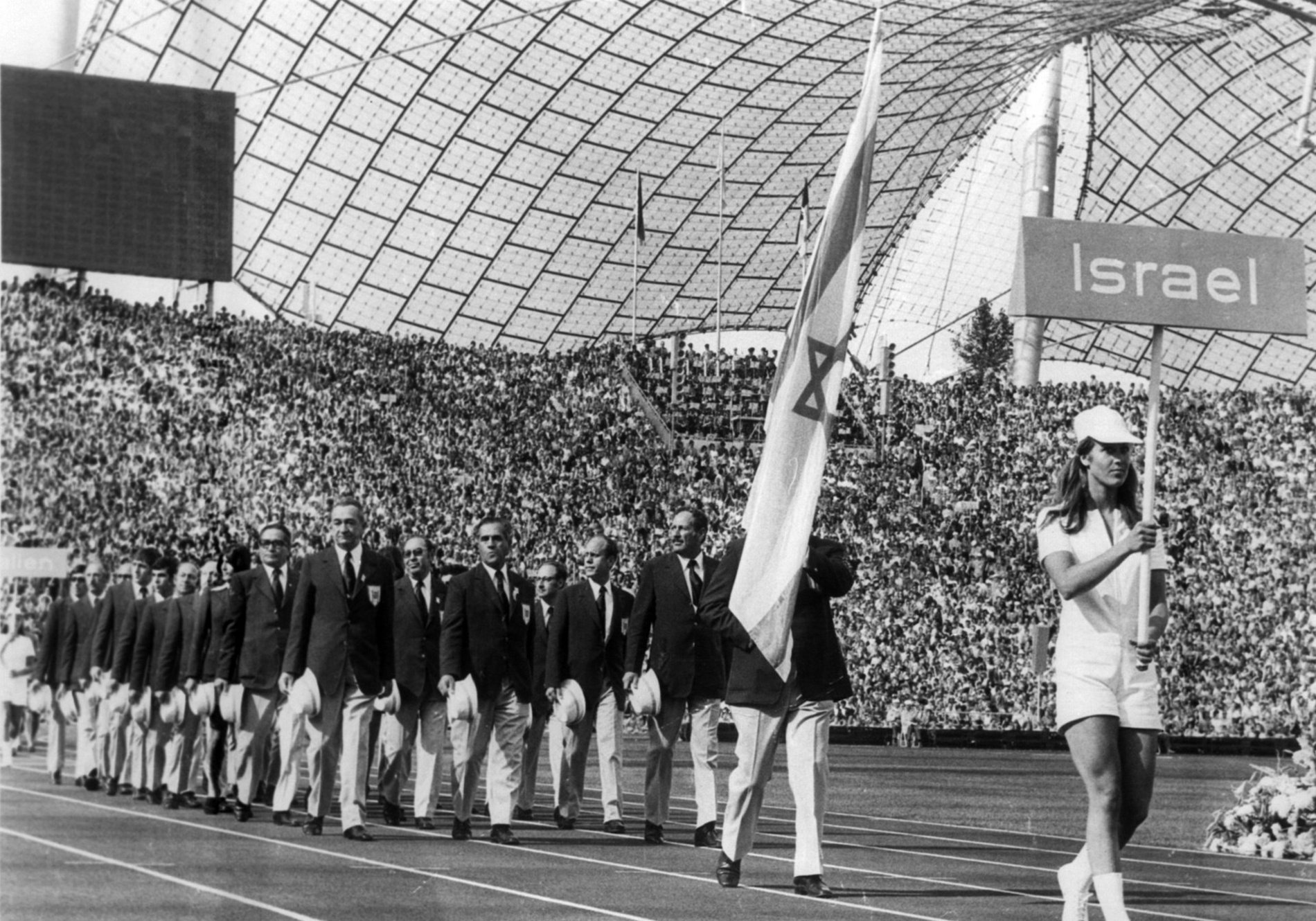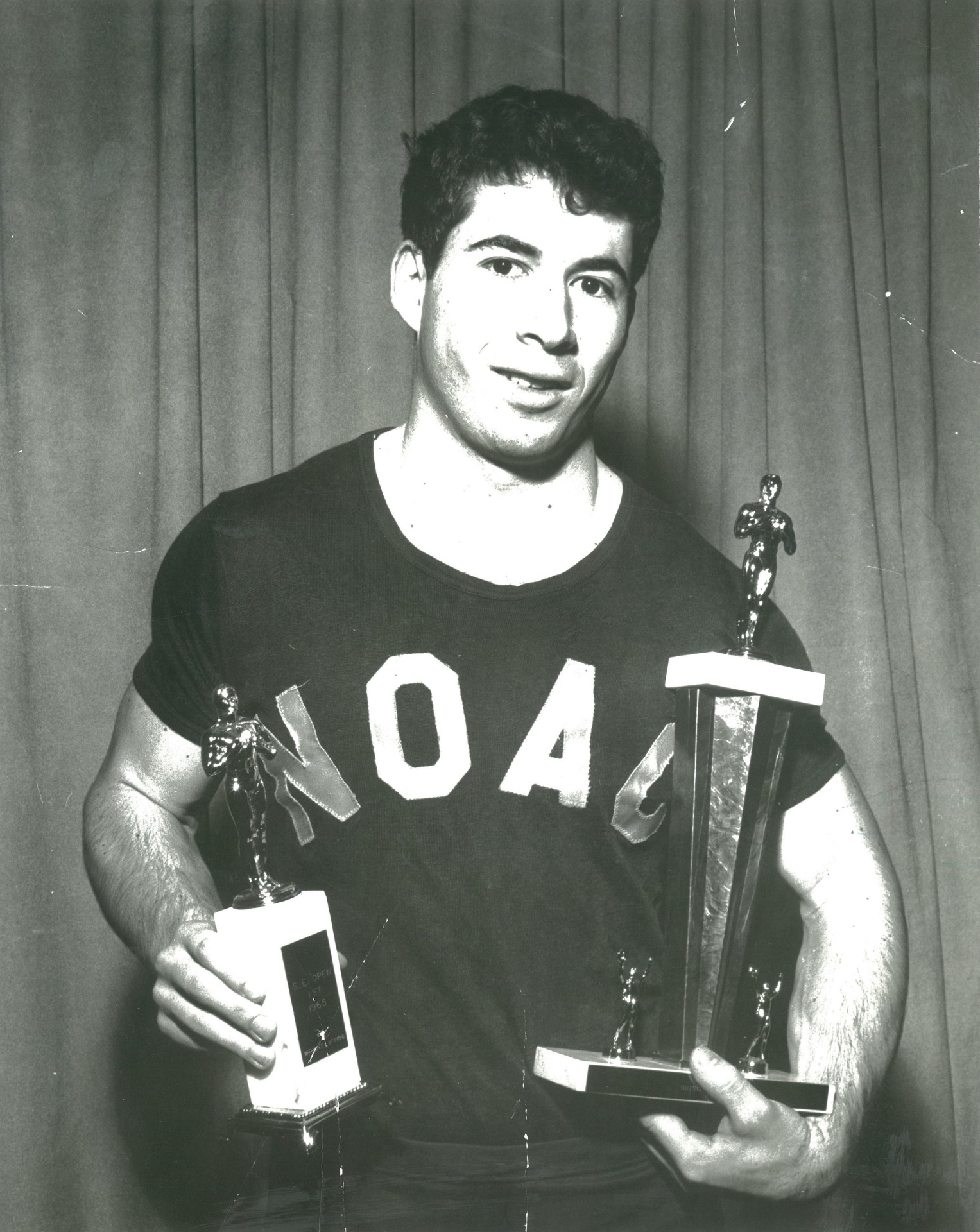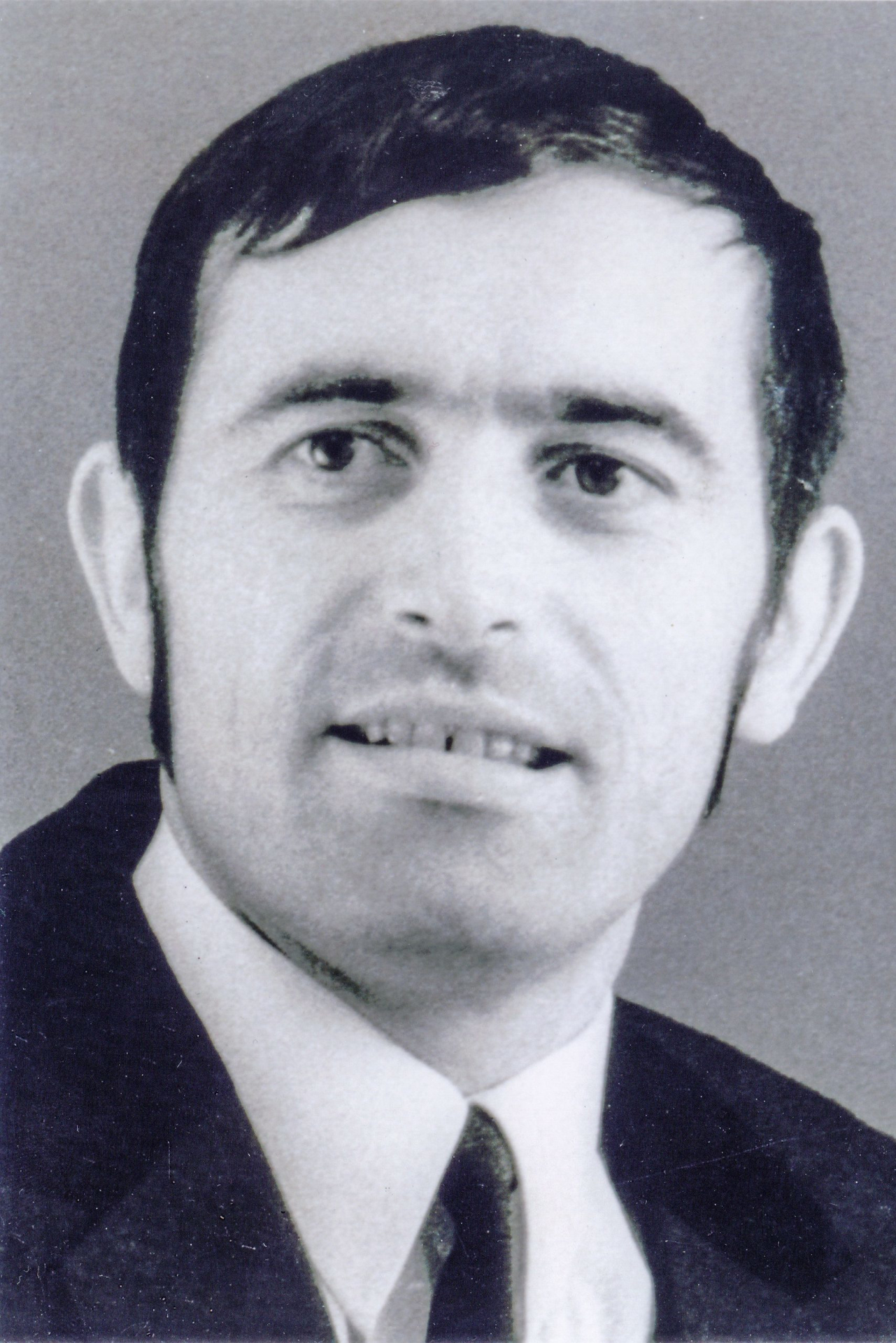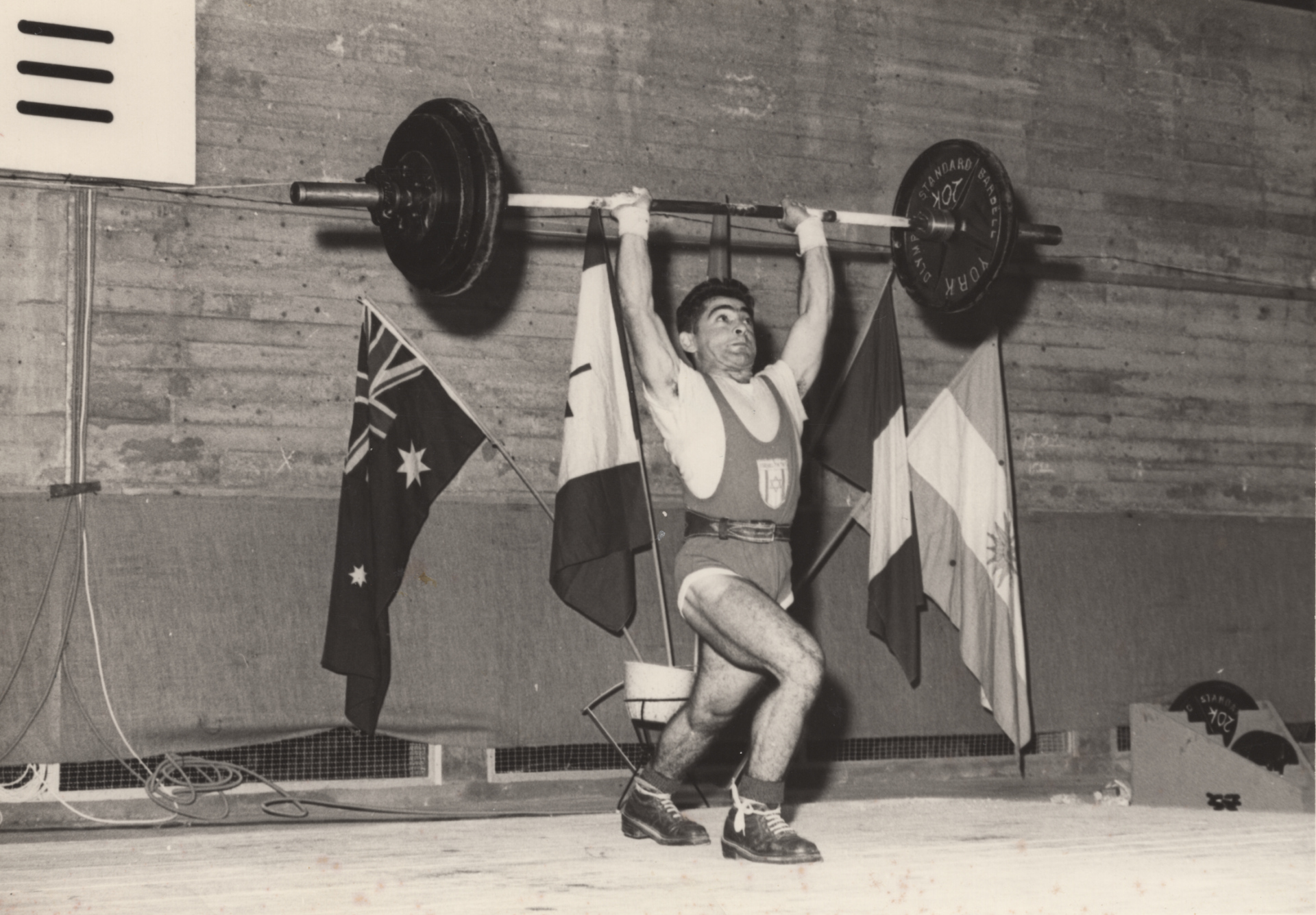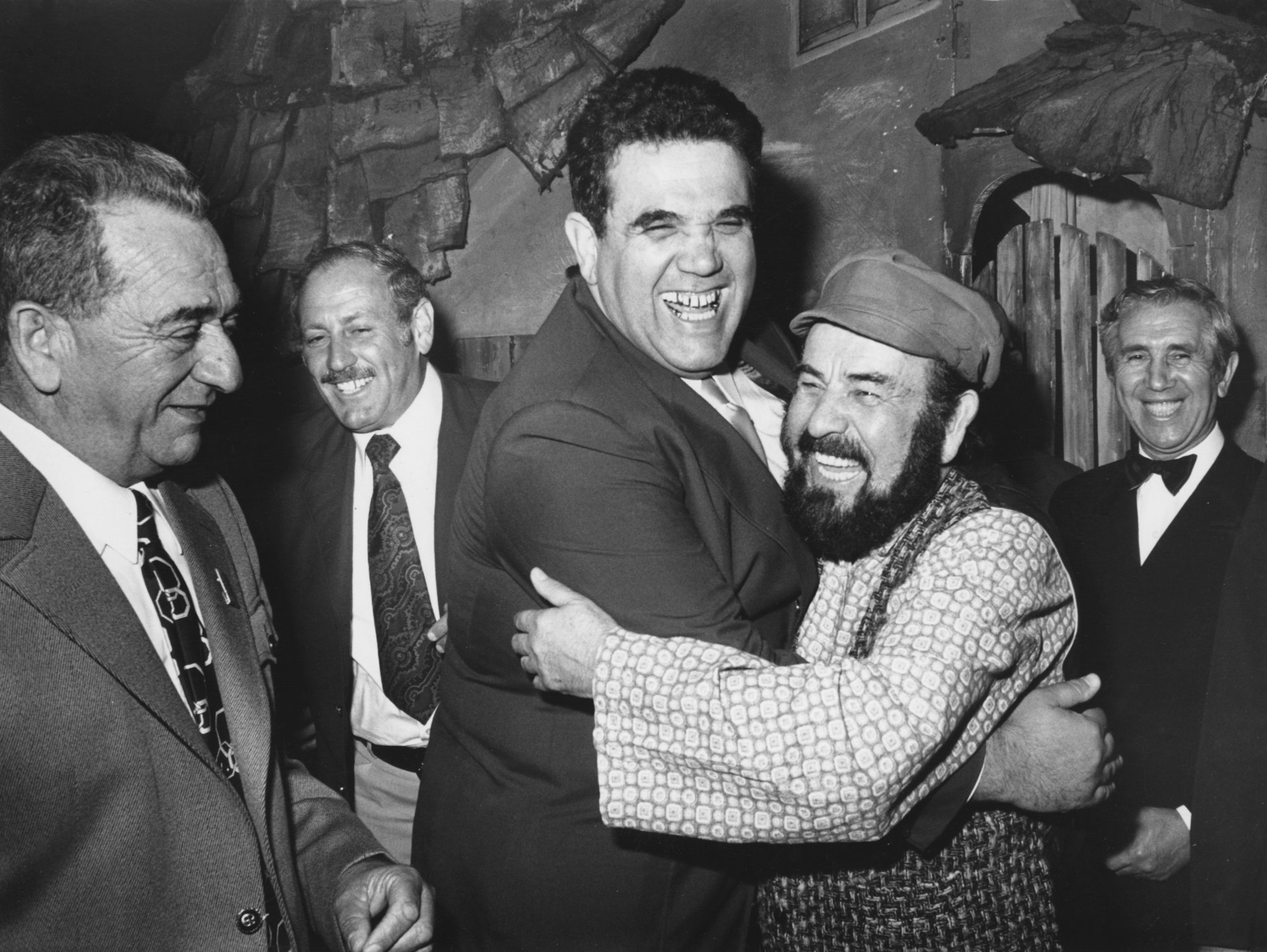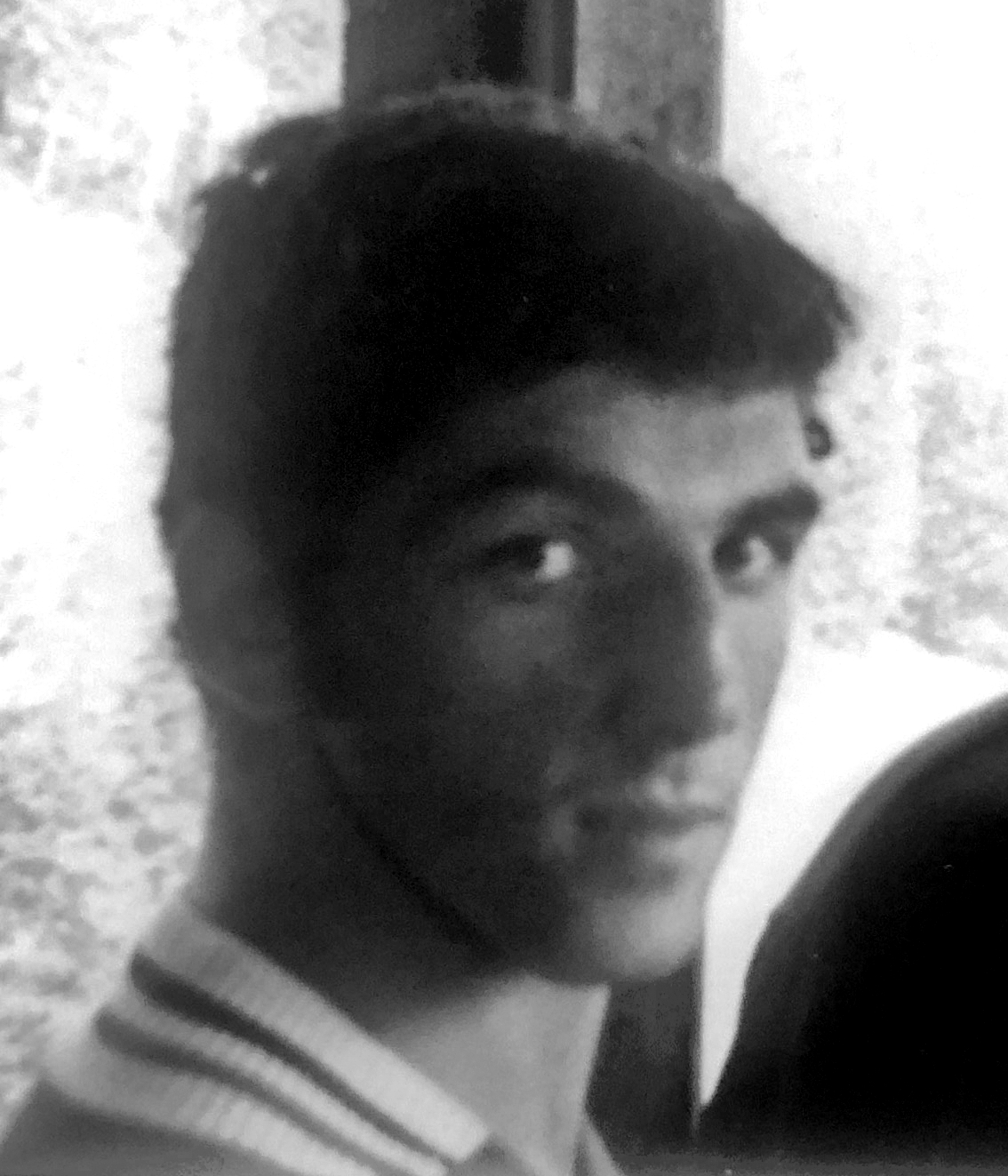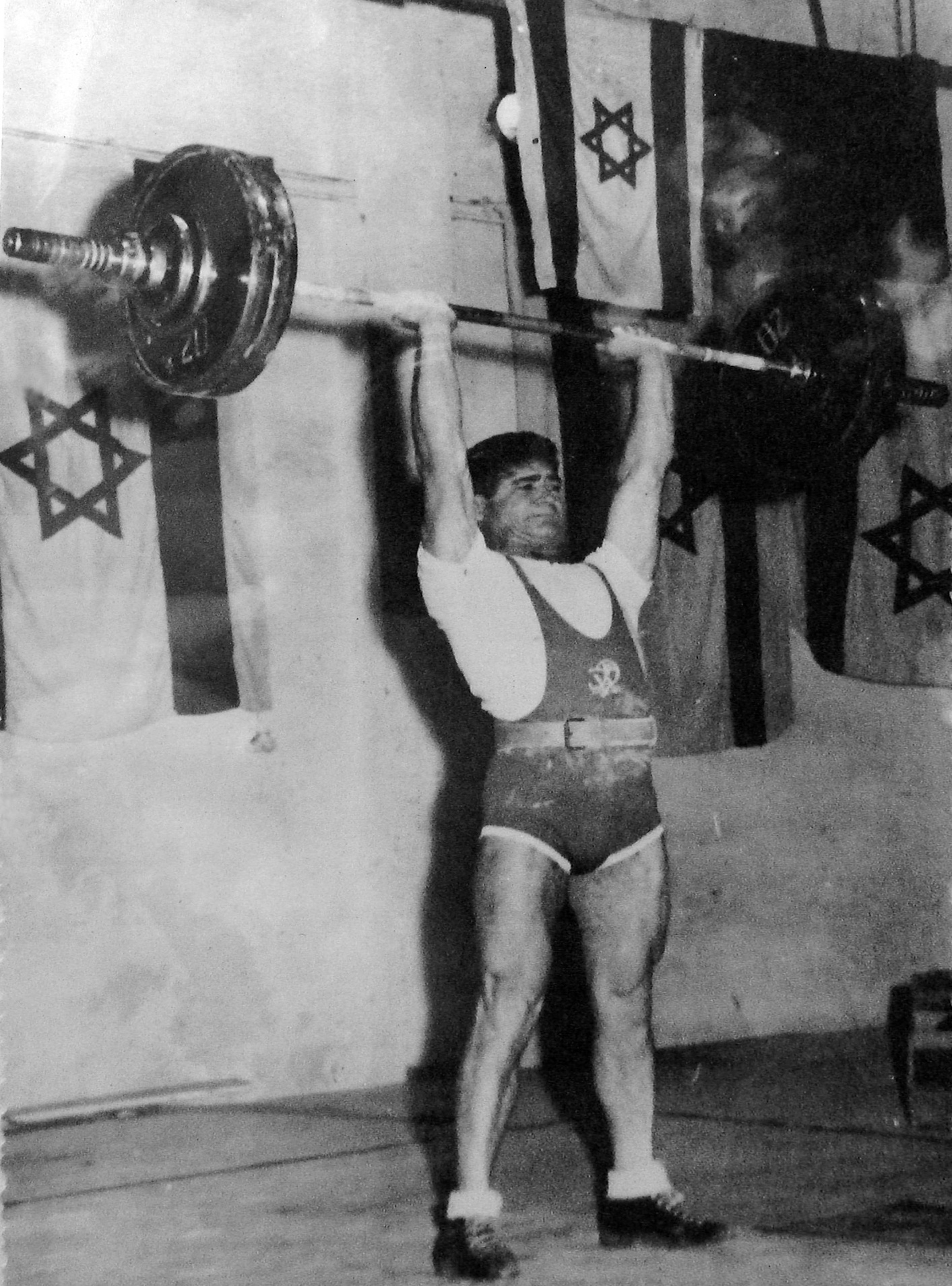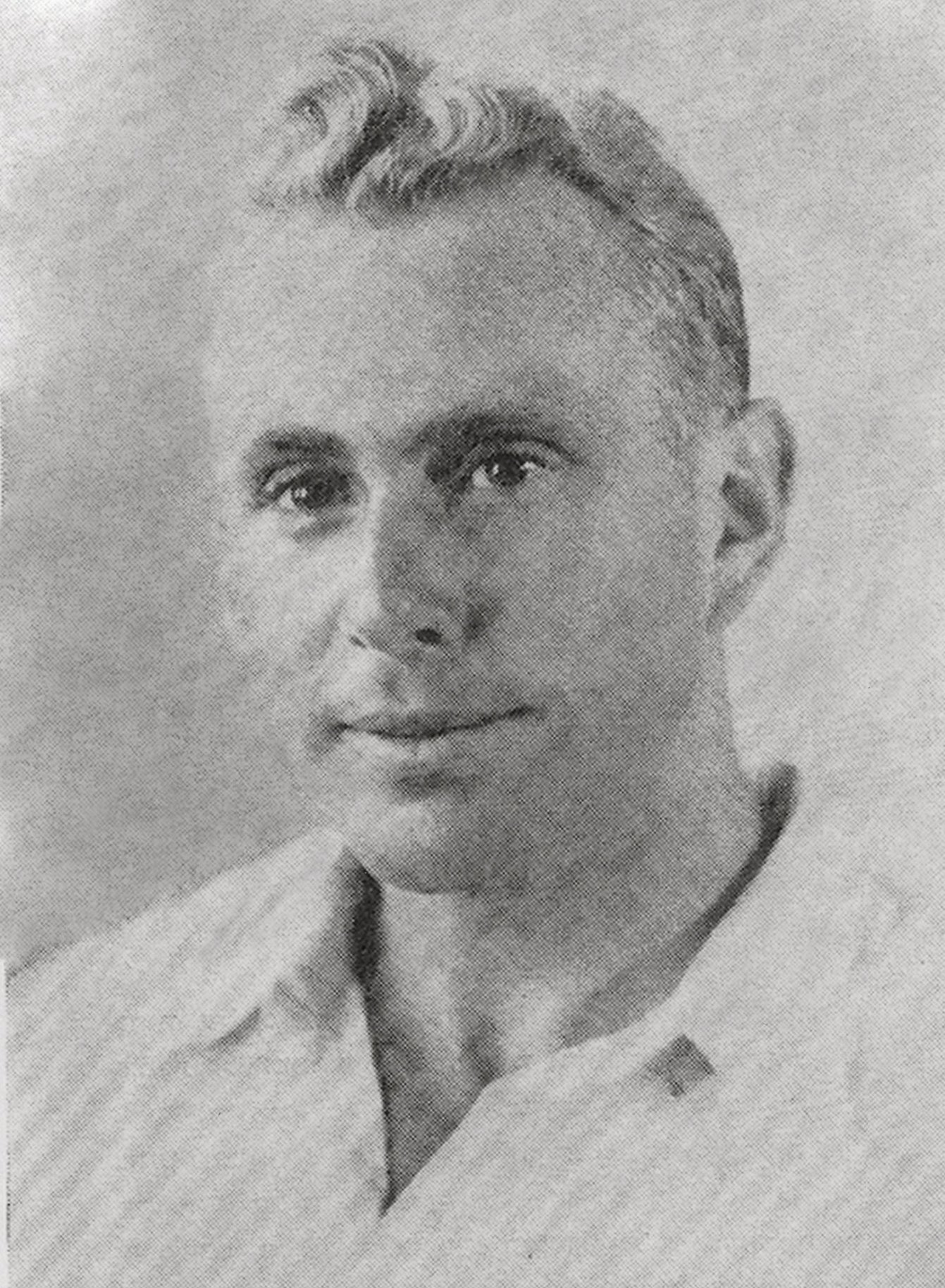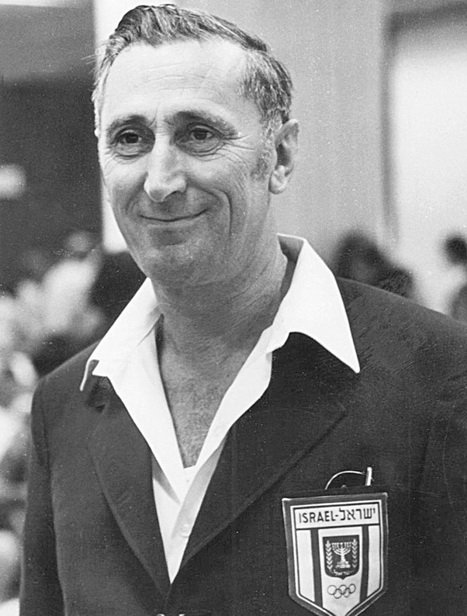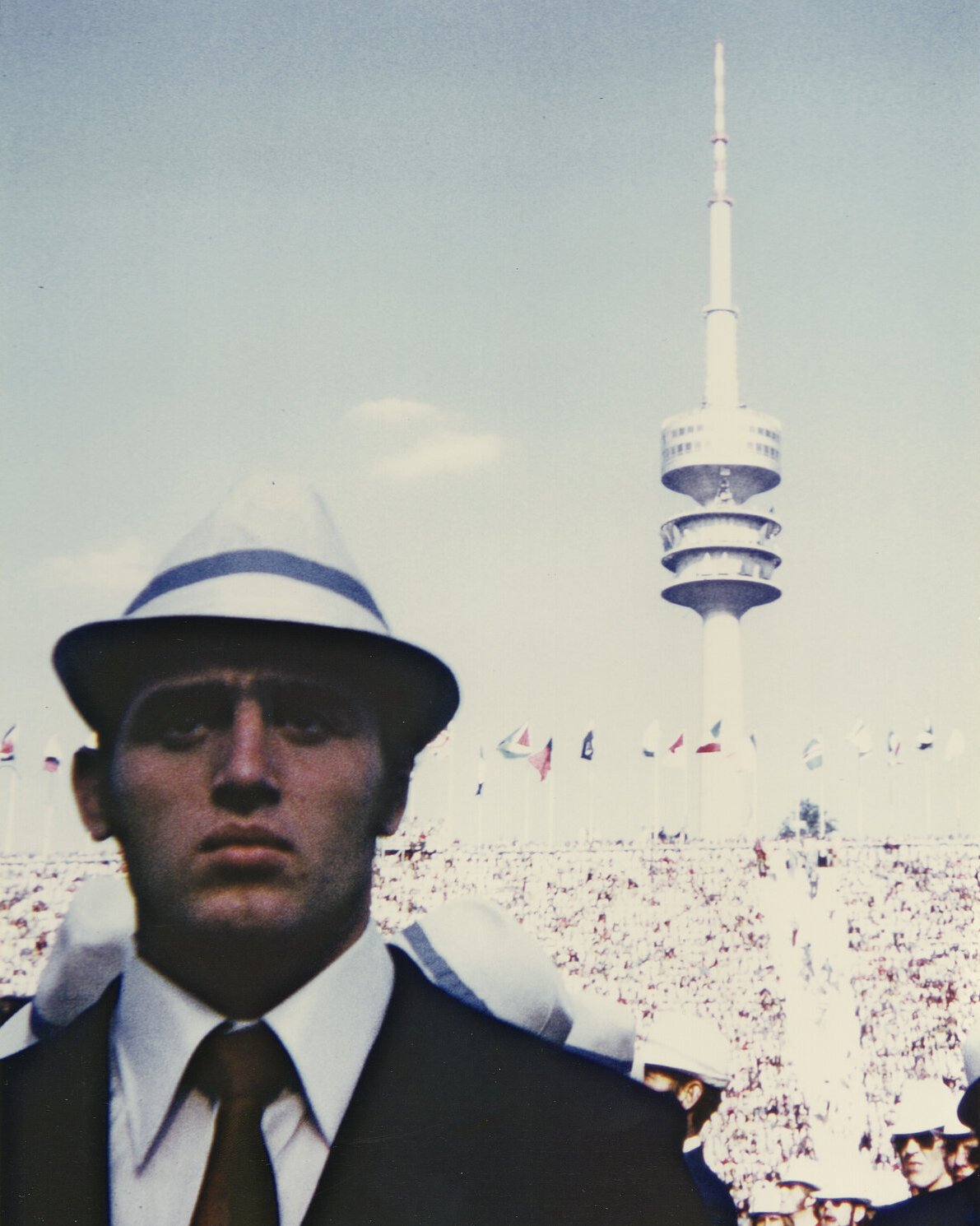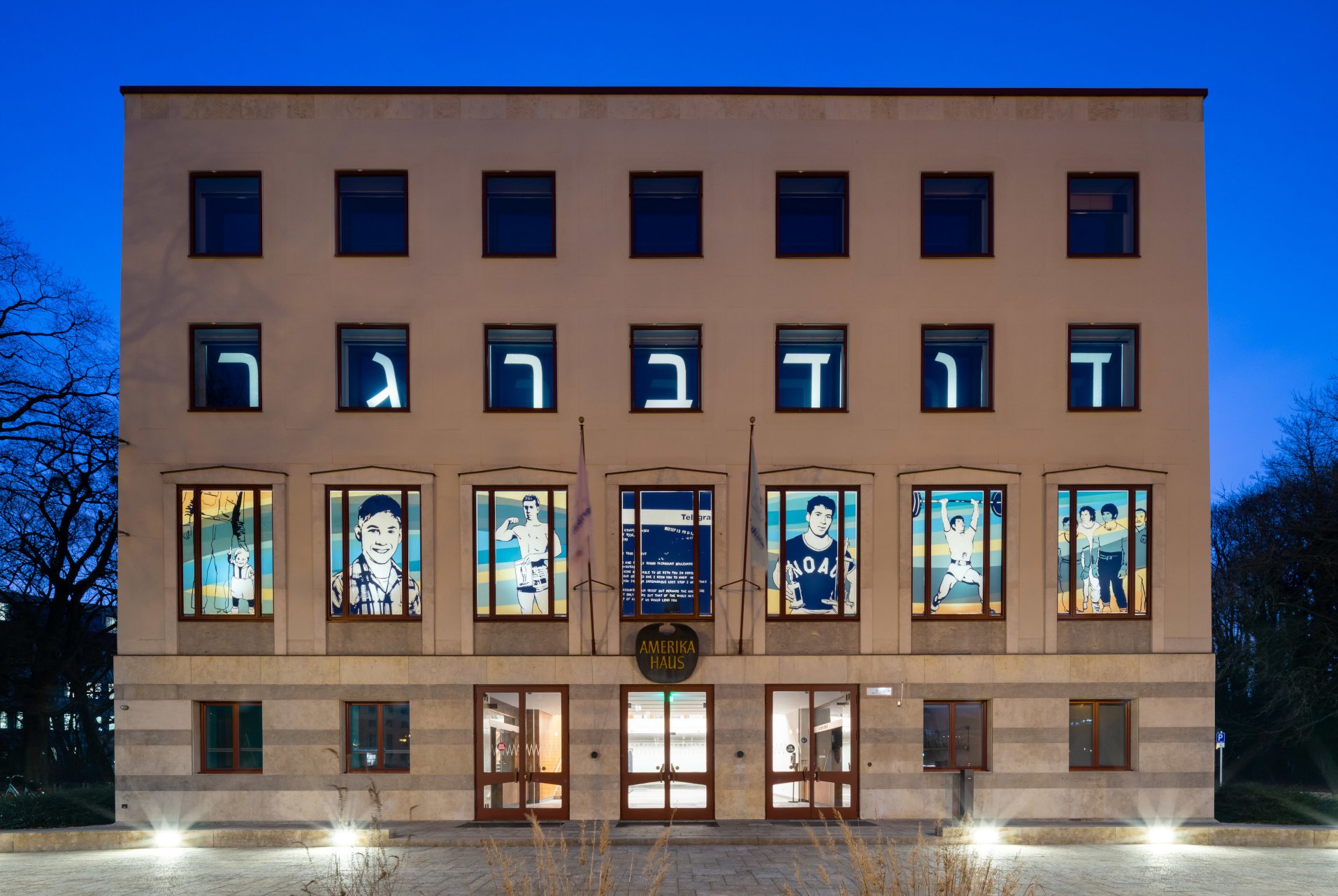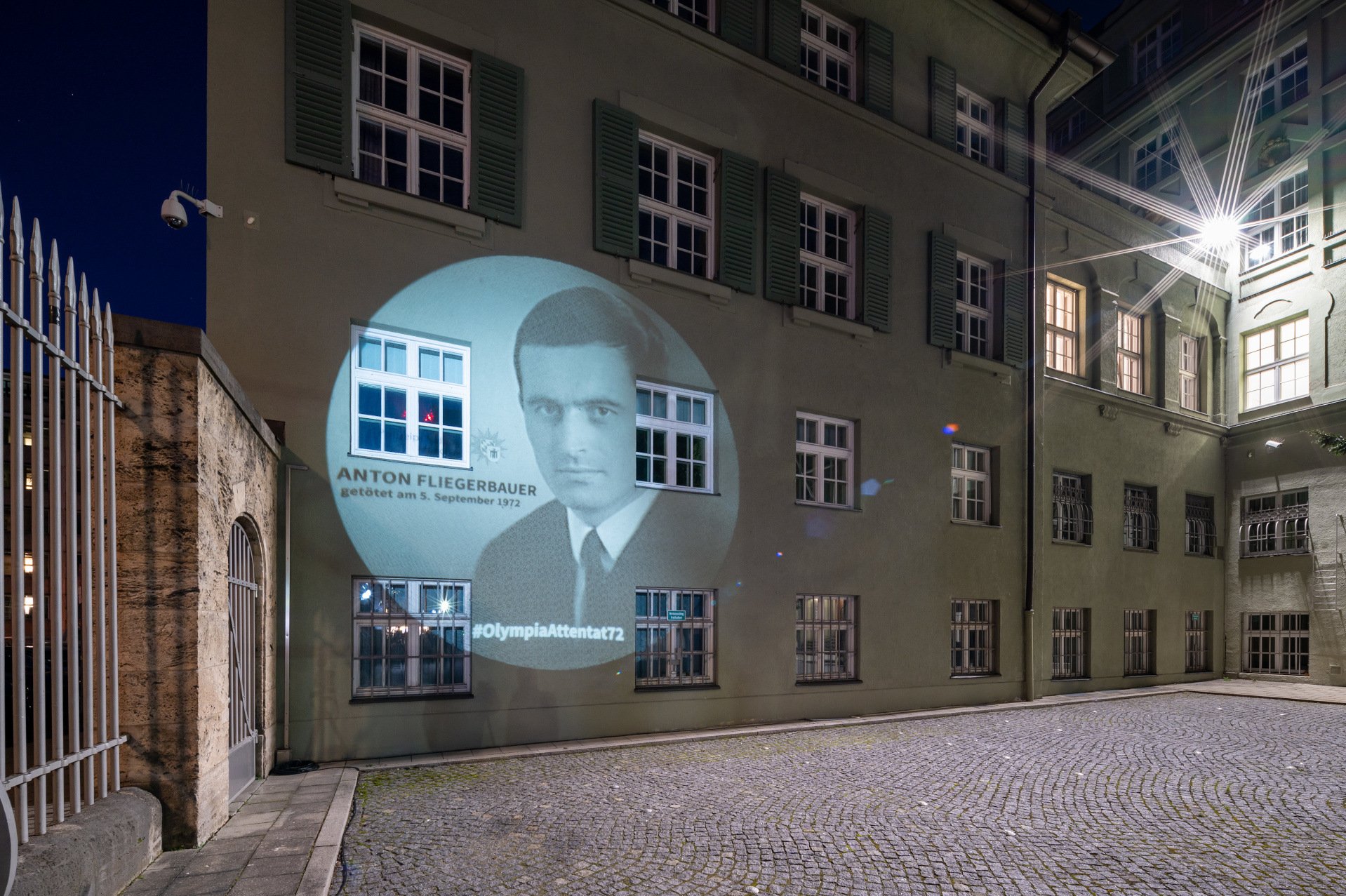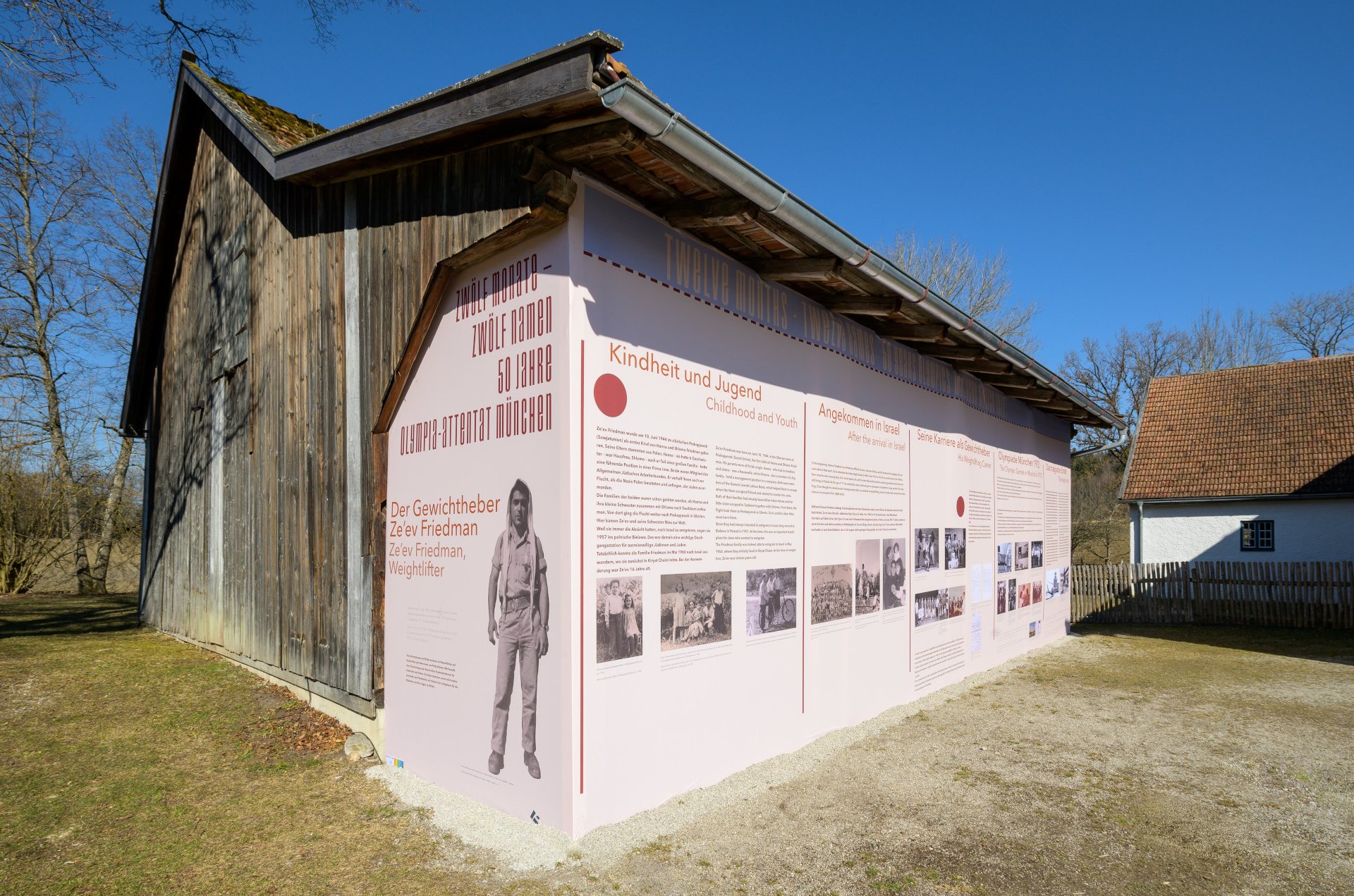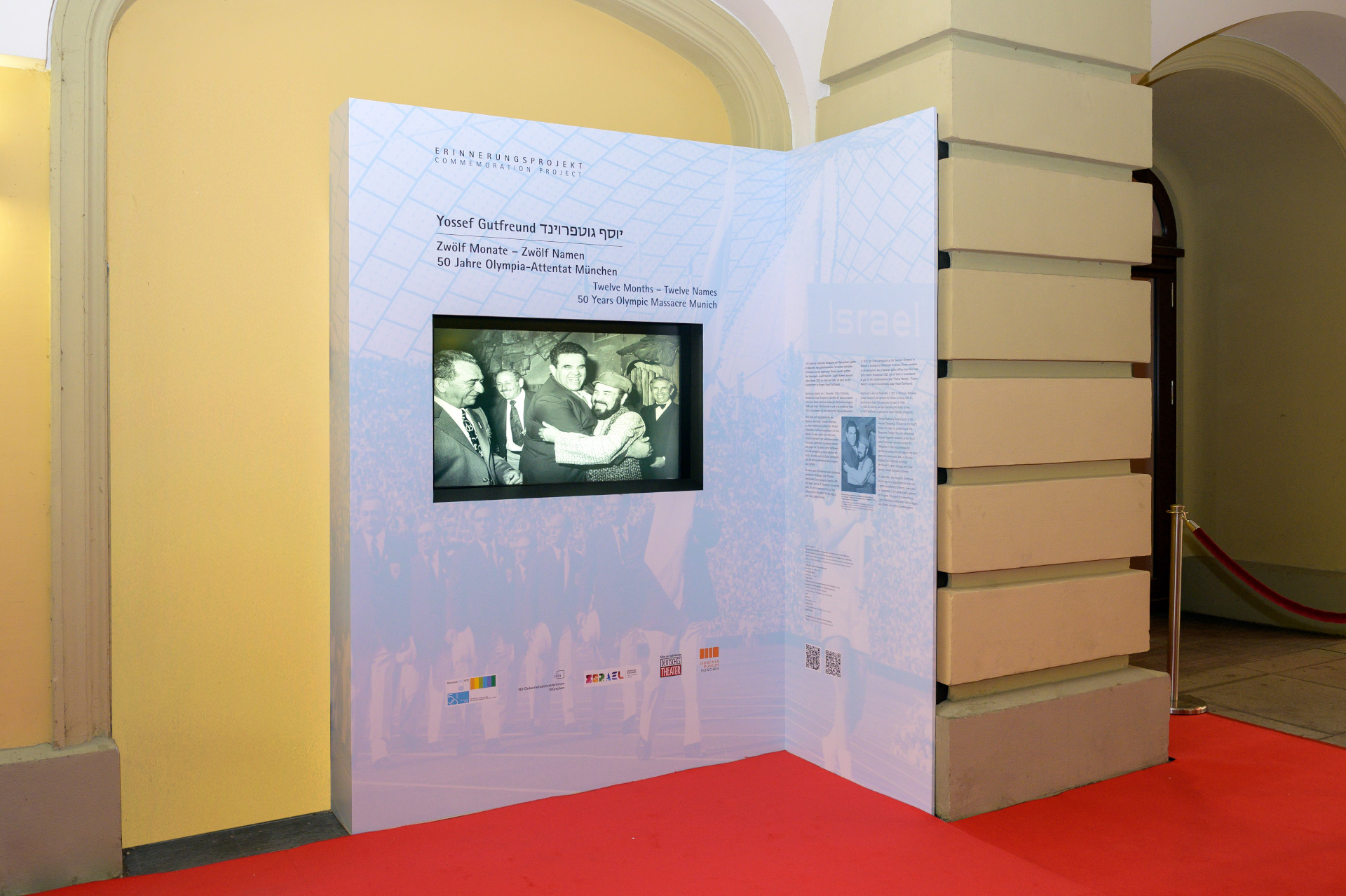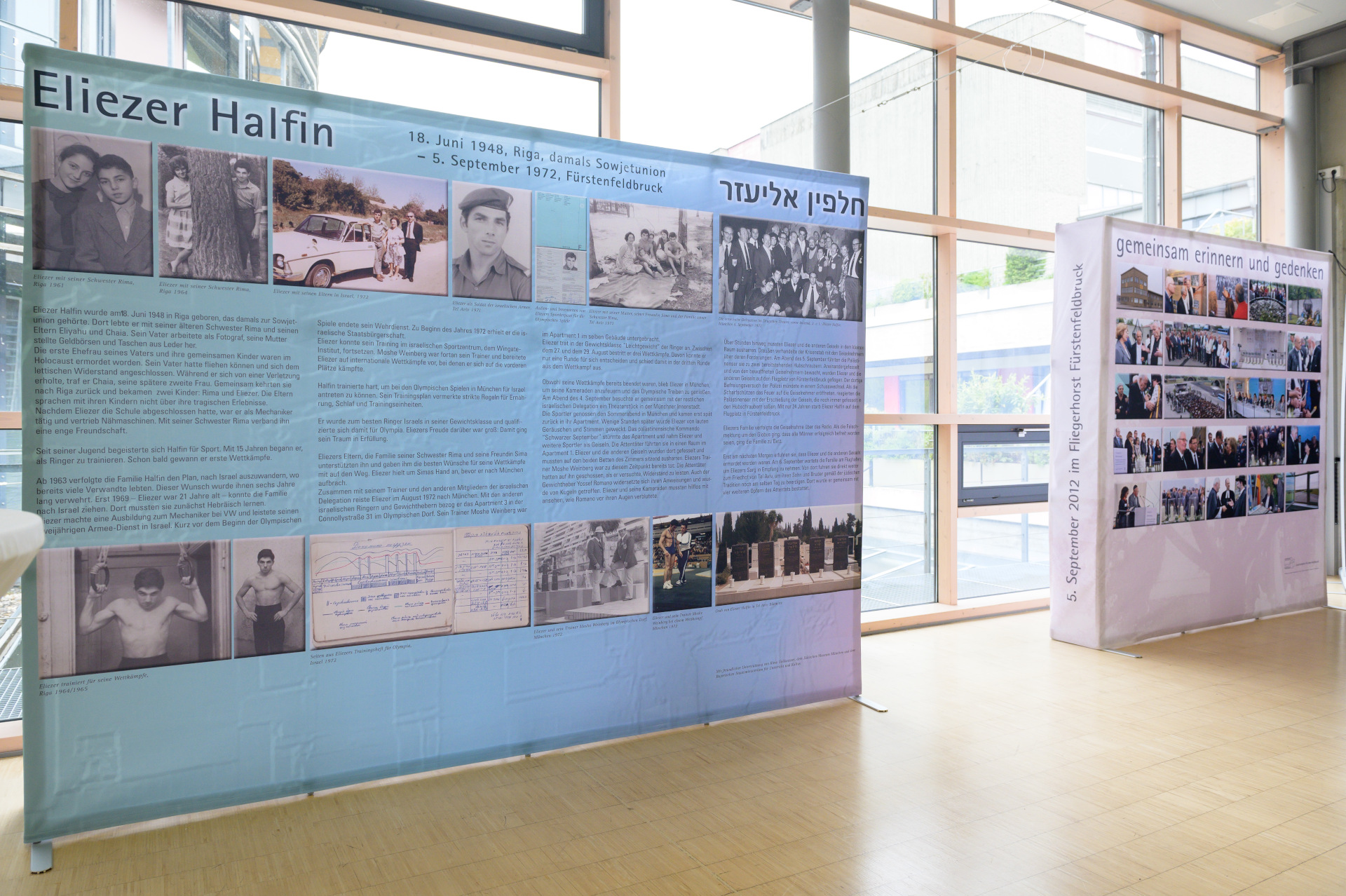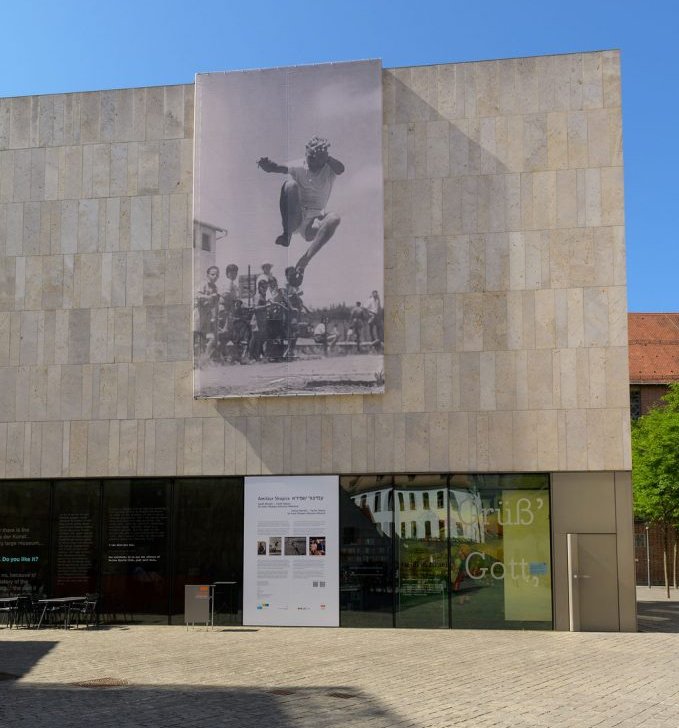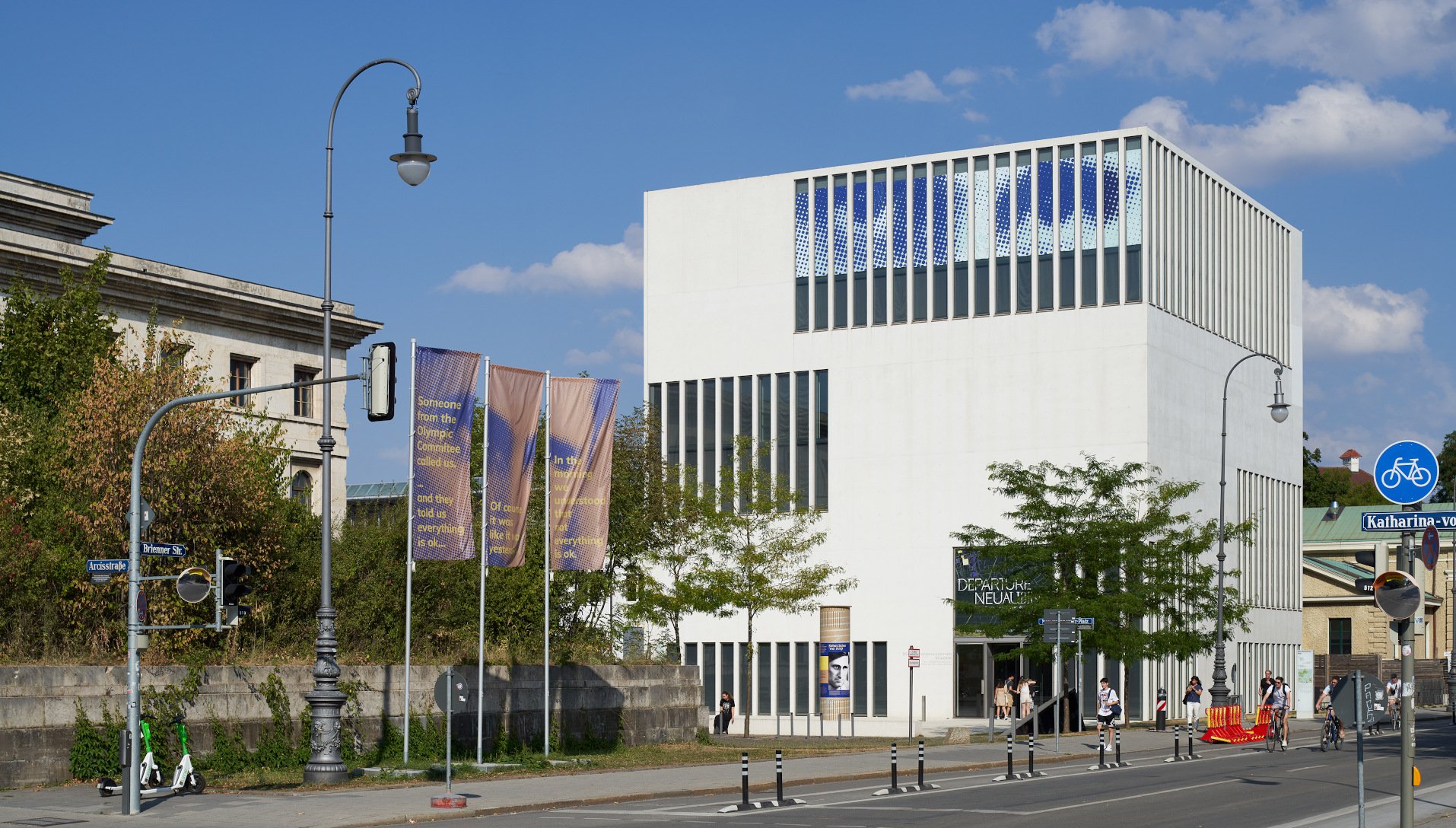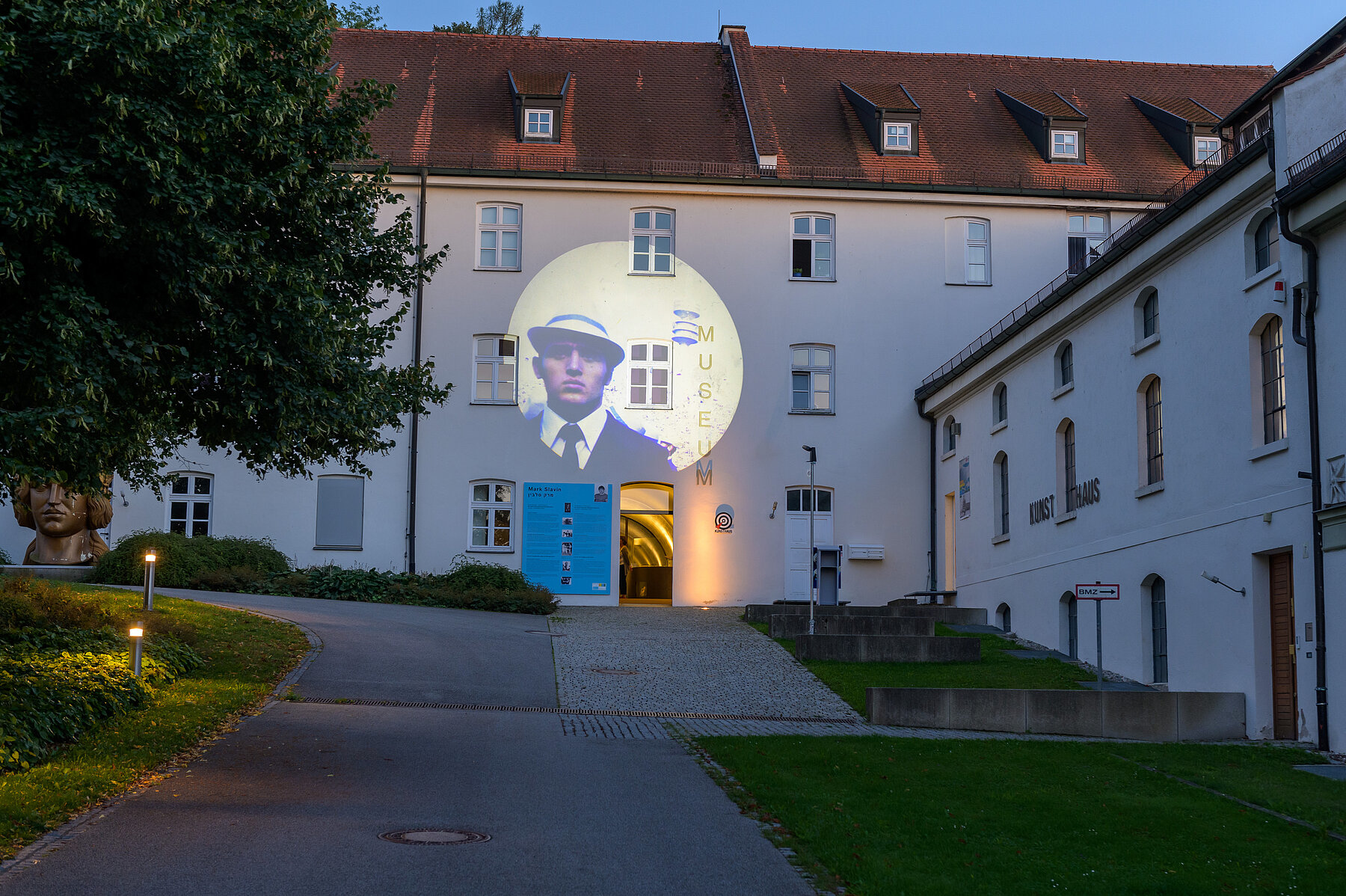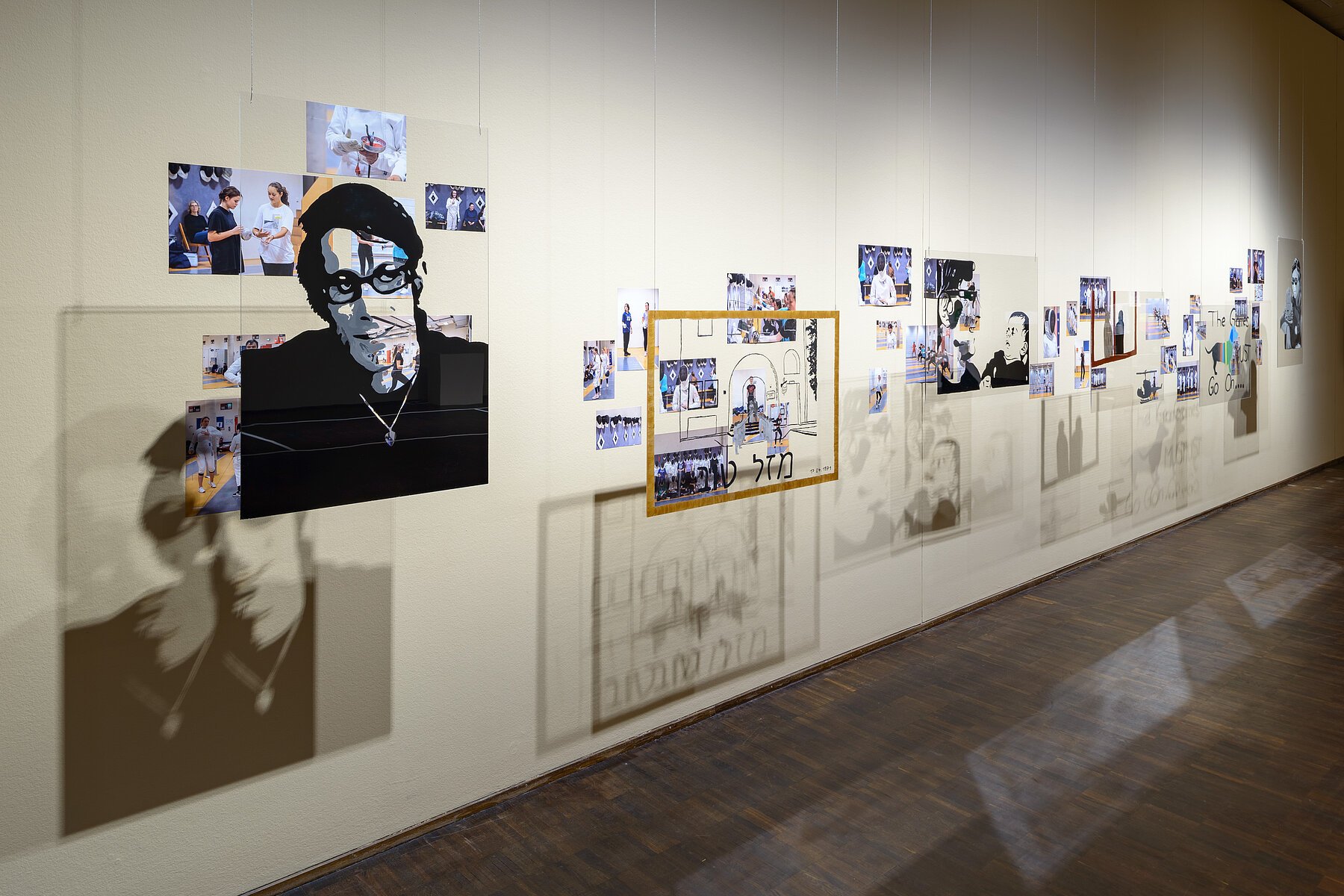About the project
On September 5, 1972 members of the Israeli team at the XX Summer Olympics in Munich were ambushed by a Palestinian terrorist group that was part of the “Black September” organization. The terrorists killed two athletes in their accommodation in the Olympic Village and took nine others hostage. After long negotiations an attempt to free the hostages failed during the night that followed on the military airfield in Fürstenfeldbruck. The nine Israeli hostages were murdered and a Munich policeman also lost his life. Three of a total of eight terrorists were captured alive. None of them were ever convicted.
50 years after the Munich Summer Olympics, the Munich Massacre of September 5 – 6, 1972 is to be commemorated throughout 2022. Every month is dedicated to one victim. A variety of different actions in public spaces is planned, ranging from installations lasting the entire month to activities on one specific day.
This commemoration project has been conceived and coordinated by the Jewish Museum Munich in conjunction with the Munich Documentation Center for the History of National Socialism and the Consulate General of the State of Israel


